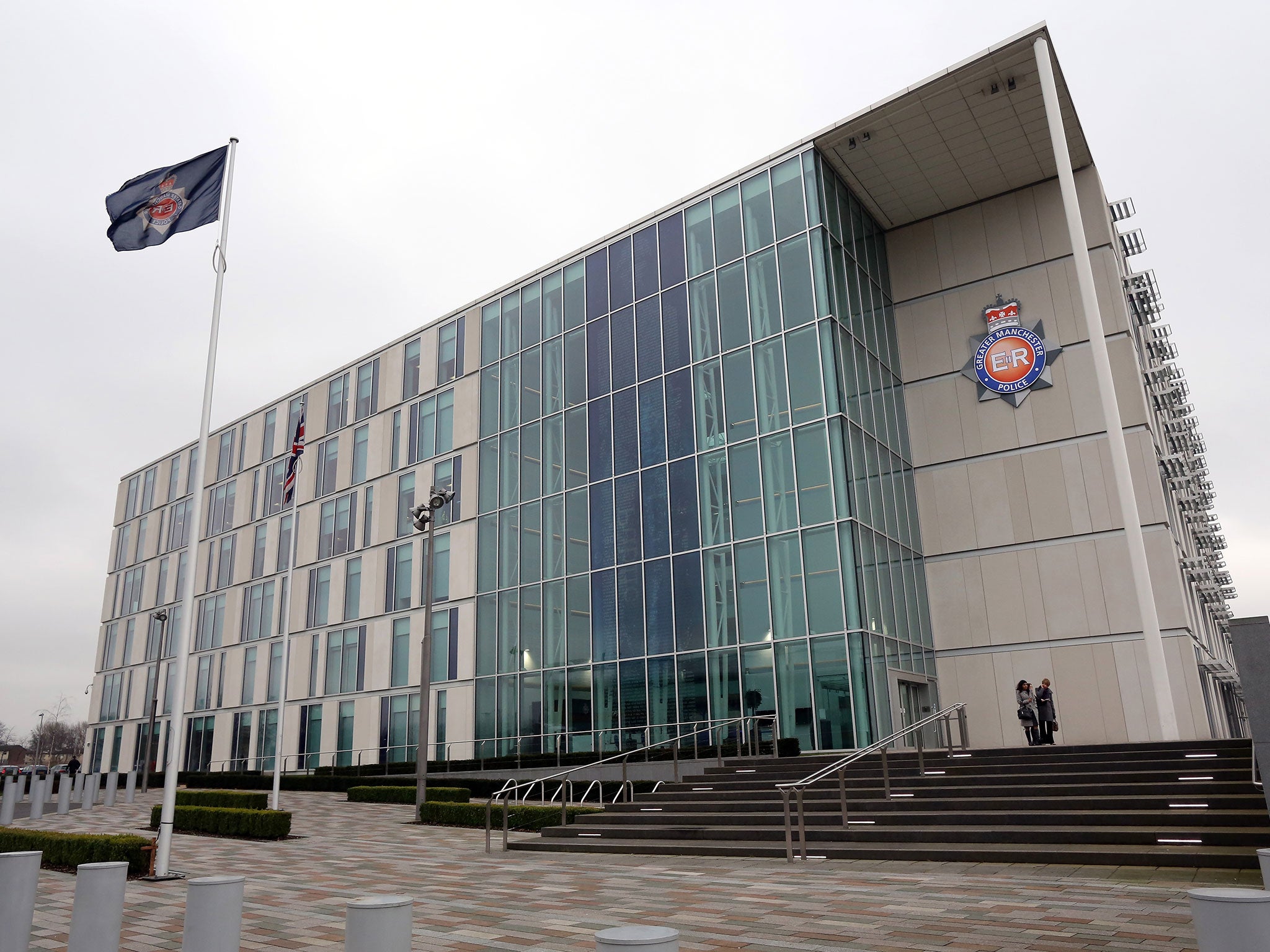Police unable to access dangerous criminals’ records because of botched IT upgrade
Greater Manchester Police officers were forced to work on paper following the launch of Capita system

Police were unable to access the criminal records of dangerous offenders because of a botched technology upgrade, a watchdog has found.
A domestic abuse incident involving a high-risk sex offender nearly had to be resolved by phone because Greater Manchester Police (GMP) officers could not access his history. Eventually, the old system was accessed for the necessary information.
The incident was among “numerous examples” where the force’s staff were unable to find vital information on a new computer system developed by Capita, said HM Inspectorate of Constabulary (HMICFRS).
Its report found the launch of GMP’s new Integrated Operational Policing System (iOPS) caused the time taken to answer 999 calls to rocket from 12 seconds to 48 seconds, and forced officers to revert to paper records amid an IT shutdown.
GMP declared a “critical incident” after the system went live in July, as it affected the PoliceWorks database used by frontline officers.
The glitch caused delays to crime recording, record searches, investigations, victim referrals and the transfer of prosecution files.
HMICFRS said the backlogs left “vulnerable people exposed to the risk of harm”, causing referrals to child protection and a domestic abuse risk assessment scheme to drop dramatically.
When the inspection was conducted, almost 700 domestic abuse incidents had not been risk-assessed, including some more than three months old, and overall referrals to victims’ services fell by 87 per cent.
“The force is prioritising action on most of the areas of high risk, but it doesn’t yet have a full understanding of the nature of the threat and risk that all the backlogs contain,” HMICFRS said.
“As the force developed its understanding of the backlogs, it began to identify and prioritise those containing the most threat and risk, such as incidents involving vulnerable people. However, this took time to achieve.”
As well as the backlogs, HMICFRS highlighted problems with the system itself, saying information on iOPS was “hard to retrieve, inconsistent, or inaccurate”.
Inspectors warned that officers could “potentially miss important risk information” if they did not know the exact spelling of a name, because there was no capability to search for different ones.
The watchdog said police officers and staff lost confidence in the system, which was already more than a year overdue, and raised fears that “public and officer safety were being put at risk”.
HM Inspector of Constabulary Phil Gormley said: “It is clear some of the difficulties encountered were unavoidable. However, it is similarly clear there are significant lessons for the future.
“I have made a number of recommendations, which, if adopted, will enable the force to address the underlying issues of system capability, working practices and staff training. I continue to monitor the situation.”
GMP said the problems highlighted in the report were already known and that it was implementing all nine recommendations, claiming it was “now beginning to see the benefits of the new system”.
Chief Constable Ian Hopkins said its previous information system was decades old and had also been criticised by HMICFRS and staff.
“These systems were creating significant risks for the public and officers alike because of inaccurate data and the risk of catastrophic failure,” he added.
“The new system provides better quality information to officers and managers, and officers are now able to work more effectively and flexibly in their communities from mobile devices, and it provides a platform for future cutting edge technology applications with the investment in high-specification equipment and software.”
Subscribe to Independent Premium to bookmark this article
Want to bookmark your favourite articles and stories to read or reference later? Start your Independent Premium subscription today.

Join our commenting forum
Join thought-provoking conversations, follow other Independent readers and see their replies